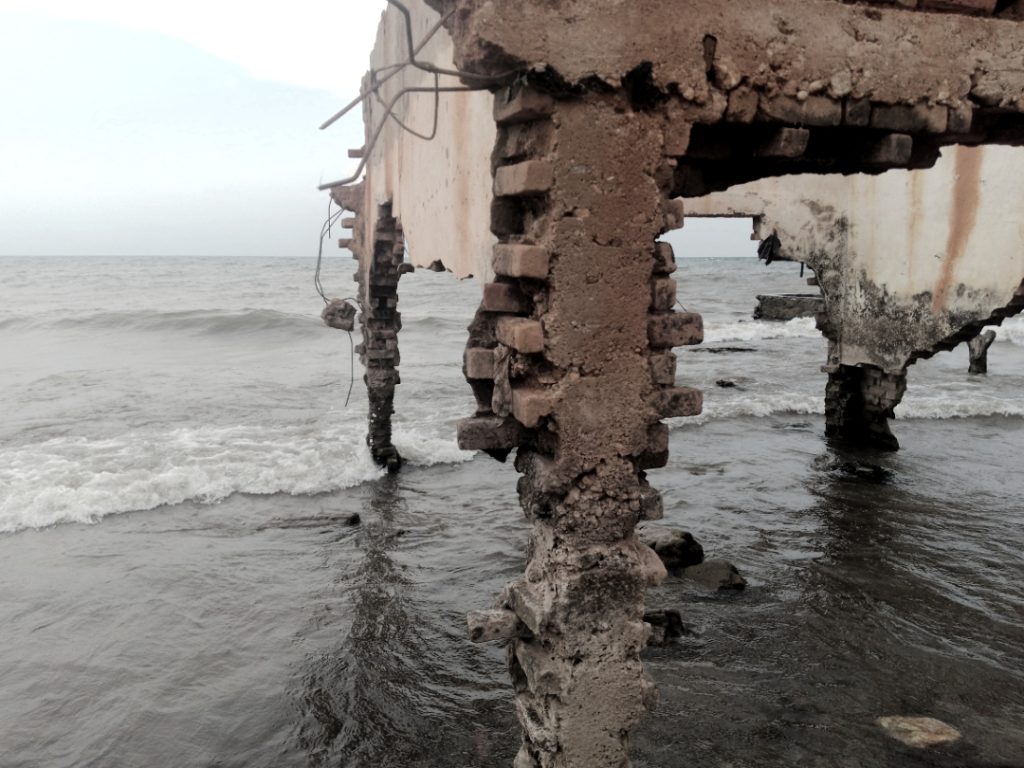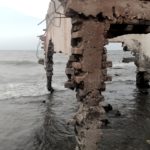The recent rapid rise of lake Tanganyika in the African great lakes region affected thousands of people living on its shorelines and destroyed thousands of basic infrastructures. This phenomenon also impacts the living conditions of local communities deteriorating the water, air, and soil qualities and local biodiversity. With the lack of risk information and disaster preparedness mechanisms throughout the region, thousands of additional populations are still threatened by the river and coastal floods, air and water pollution, homelessness, and extreme poverty in all coastal cities in Burundi, Tanzania, Zambia and the Democratic Republic of the Congo.
Meanwhile, we estimate that adaptive measures for climate-induced hazards, using integrated communication systems could help communities not only better prepare for hazardous climate-related events, but also adopt ecosystem-friendly behaviours.
Tanganyika Early-Warning System TEWS is an early-warning system that seeks to strengthen the communities to the impact of natural and anthropogenic hazards on humans and natural livelihoods. The project’s aim is to identify, assess and communicate disaster risks in order to protect populations exposed to; the adverse impact of lake Tanganyika’s rising water level, air quality deterioration, erosions and landslides, and Water Quality
The project collects data thanks to the use of various tools including;
– Air quality: low-cost technology to identify and monitor toxic hotspots so that citizens have actionable information and watchdogs have evidence they need to hold culprits accountable,
– Adverse impacts of Lake Tanganyika’s variability of the water level: low-cast technology to monitor the water-levels variability and its impacts on habitations, ecosystem, food security, etc.,
– Erosion and landslides: the use of topographic raising to timely measure the slope of a mountain and river beds, etc.
TEWS expects to benefit up to 2 million people in 7 coastal cities of Bujumbura, Rumonge and Nyanza-Lac in Burundi, and Uvira, Baraka, Kalemie and Moba in the Democratic Republic of the Congo.
To support this action and learn more about it, contact me via mail: kashindipierre@gmail.com

